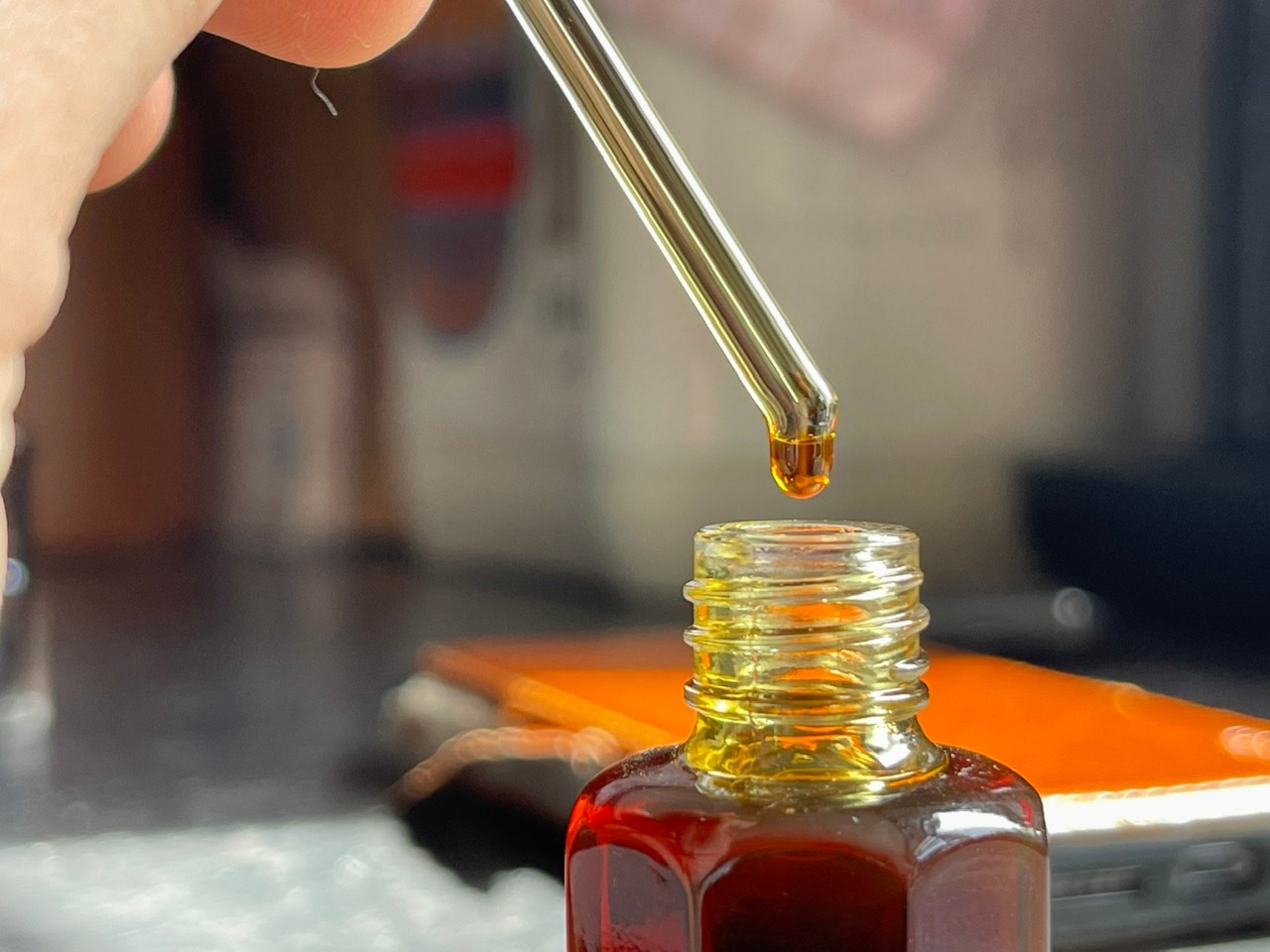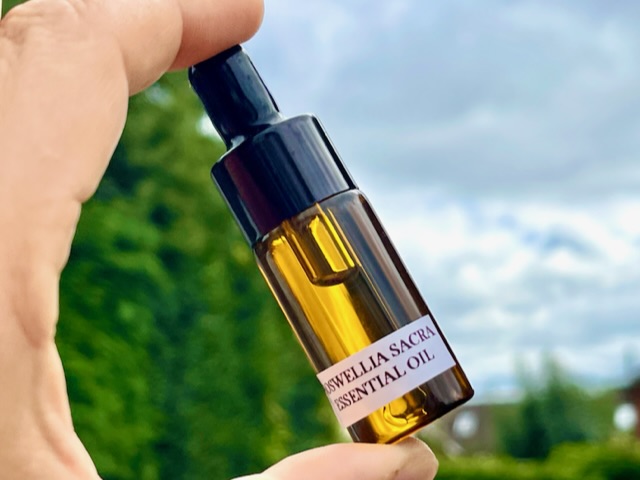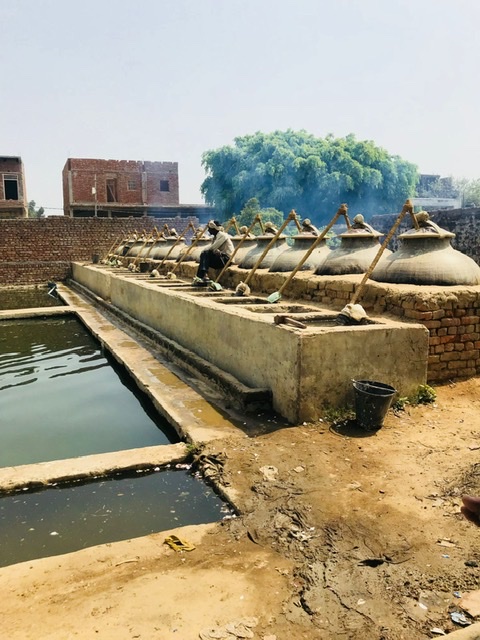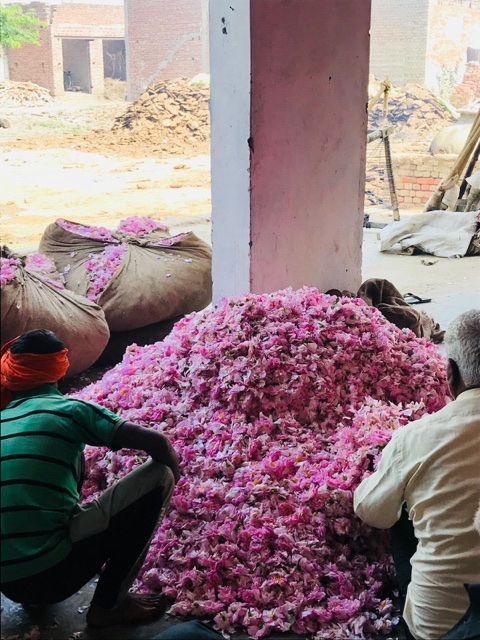
Attars ‘AKA Ittars or Makhallat’ is a traditional oil based perfume derived from natural botanical sources, often using flowers, woods and animalics. Think of attars like perfume but without the addition of alcohol and (usually) synthetics. They have their roots in ancient civilizations and are known for their rich and complex fragrances. The term “Attar” is commonly associated with traditional Indian and Middle Eastern perfumery. Because of this the aroma within are highly concentrated, you only need a small dot or swipe on the wrist for the aroma to be with you all day!

Attars are distinct from modern perfumes, as they are typically made using a hydro-distillation process, capturing the essence of flowers and other aromatic materials. Common sources include rose, jasmine, sandalwood, and oud among many, many, many other materials. The craftsmanship involved in producing Attar has been passed down through generations.
Attars are highly prized for their purity and the labor-intensive methods used in its production. They offer a unique olfactory experience, with each Attar having its own character and story woven by the nose that created it. The use of natural ingredients contributes to its appeal for those seeking a connection to nature and authenticity in fragrance, or those that straight up can’t handle mainstream perfume without getting a rash, itchy skin or a runny nose! Like me!

Ancient origins:
Attars finds their origins in ancient Egypt, Mesopotamia, and the Indian subcontinent. The process of distilling fragrances from natural sources was discovered and refined over time.
India has been a significant center for Attar production. The art of distillation and perfumery flourished during the Mughal era (16th to 19th centuries). The Mughal emperors were known for their patronage of the arts, including perfumery, and this era saw the development of intricate distillation techniques.
Attars gained prominence in Islamic perfumery due to its alignment with Islamic traditions. The use of natural fragrances, particularly from flowers mentioned in religious texts, became popular. Rose, jasmine, and sandalwood were often used in Islamic Attars.
The fragrance trade brought Attars to various parts of the world where they became a sought-after commodity in Europe during the medieval period, influencing the development of Western perfumery. The colonial era saw changes in the production and consumption of Attars. Western influences and the rise of synthetic perfumery temporarily overshadowed traditional Attar production.

Resurgence and modern artisanal movement:
In recent years, there has been a resurgence of interest in traditional and natural perfumery. Attars with its focus on natural ingredients and craftsmanship, has become a symbol of authenticity. Artisanal perfumers and niche fragrance houses have contributed to the revival of Attar appreciation. Today, Attars continue to be produced using traditional methods, often by skilled artisans who have preserved the legacy of this ancient craft. They are valued for their complexity, authenticity, and connection to nature.

Hello, I really love your teas but I was wondering if you would be getting any more rose type oils in the future. If not……….could you possibly recommend another source ? I mean, you have such great taste 😉
Hi David, yes is the answer. I have here a musk rose Attar. It will be online in the store later today. Just to let you know also that I I’ve nearly finished work on another website which will have lots more aromatic pleasures for my customers. Please visit http://www.guruaromatix.com
Thanks G, I will check things out. 🫖♾️🌹